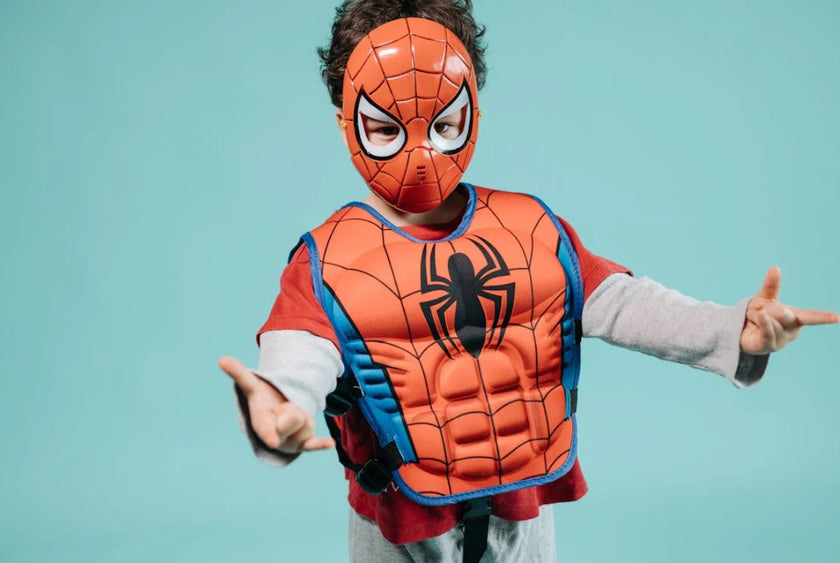Imaginative play is a magical world where children turn everyday things into fantastical adventures. As children engage in imaginative play, their minds truly come alive with a vibrant tapestry of creativity and wonder. They venture, learn, and grow in ways that you might not have ever prepared them for.
It is a world full of possibilities where creativity is in bloom and social skills are sharpened.
From constructing cardboard box castles to donning superhero capes, little ones exercise their imaginations.
Now let us delve into the land of pretend and discover what it does for young minds.
A World of Possibilities
Imaginations are the superpowers every child is blessed with. The young mind is a fantastic device.
That sees and meets everything new around this world and makes new and impossible things out of it! Everything mundane becomes a magical and extraordinary thing.

For example, a cardboard box grows to become a spaceship, a blanket into a fort, whereas a doll could become their best friend. Such imagination is critical to groom a child for creativity and problem-solving skills.
Language Development
They experiment with language through imaginative play. They may choose to create new words and apply them in unique, unforeseen situations.
The role-playing results in them jumping into roles or acting as different characters. It also teaches them to use language in different situations.
Social-Emotional Learning
Playing with others is important for developing social skills. Children share, cooperate, and learn to compromise. A sense of empathy develops when children begin to understand the feelings of others.
Imaginative play offers a safe space to explore emotions and practice emotional regulation.
Cognitive Development
Play stimulates the brain of a child. It aids in the development of memory, attention span, and problem-solving capabilities.
A child learns to plan, sequence events, and decisions. Such imaginative play also enhances creativity and critical thinking skills.
Physical Development
It may seem all mental, but there is physical development in imaginative play as well. Most of the time, kids pretend when they are running, jumping, or climbing.
For example, kids may pretend to be soldiers on a battlefield. This will work on the improvement of motor skills and coordination.
Building Confidence and Self-Esteem
Imaginative play allows children to be any heroes, villains, or common people they want to be. This gives them a greater sense of control over themselves, making them feel more powerful.
This results in higher self-esteem and self-confidence. The more successful role playing a child has, the better their self-image is likely to be.
Problem-Solving Skills
Overcoming the obstacles of creative play helps children learn problem-solving skills.

Whether it is a squabble between two dolls or designing a spaceship out of household appliances, they learn to be critical and creative.
Empathy and Understanding
Through make-believe, children learn to empathize with other people's views. They step into another's shoes and take on the vision of reality.
Developing this empathy trait is crucial in building healthy social relationships.
Preparation for Real Life
Imaginative play is a life rehearsal. Children practice their social interactions, conflict resolutions, and decision-making skills in a safe environment.
And these are very useful skills now that they have a relationship with all the complications of growing up.
Conclusion
Imaginative play acts as a powerful force in the development of any child. It's a fairy-tale land where learning was happening all by itself but with great delight.
So, giving children the chance for imaginative play is important. Thus, invest in your child's success in the future. Let their imagination take flight and watch them flourish.



 DimpleBee.
DimpleBee.